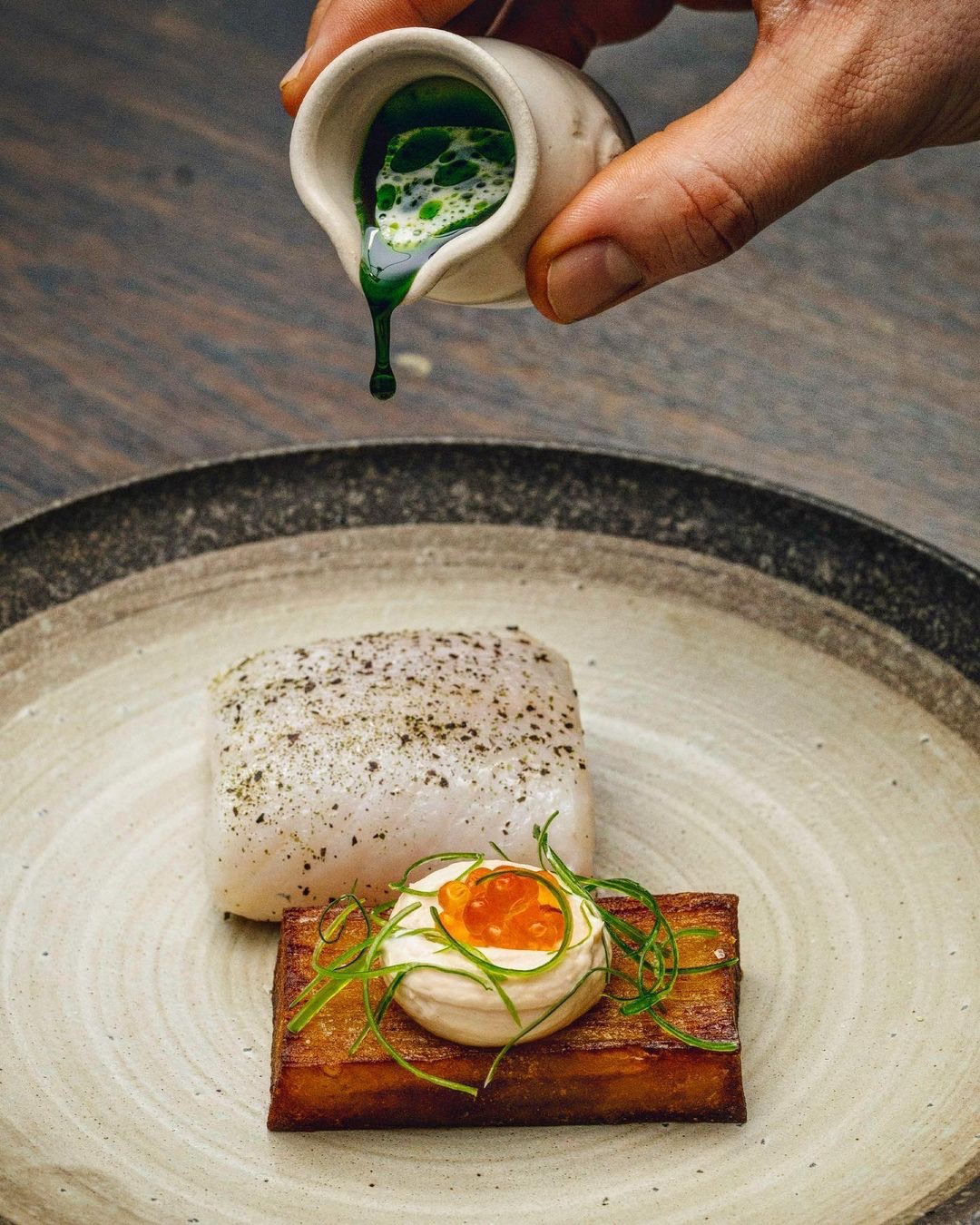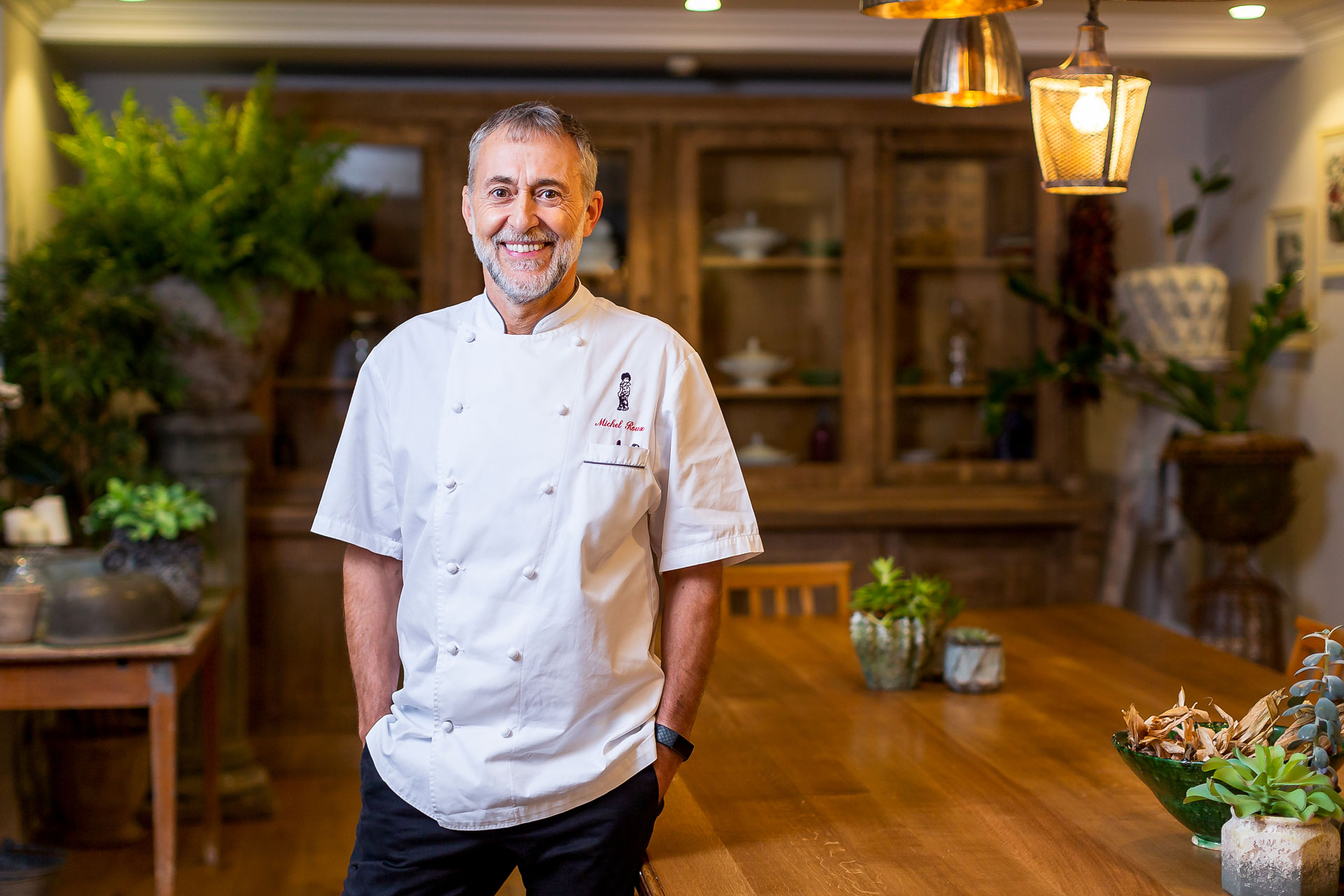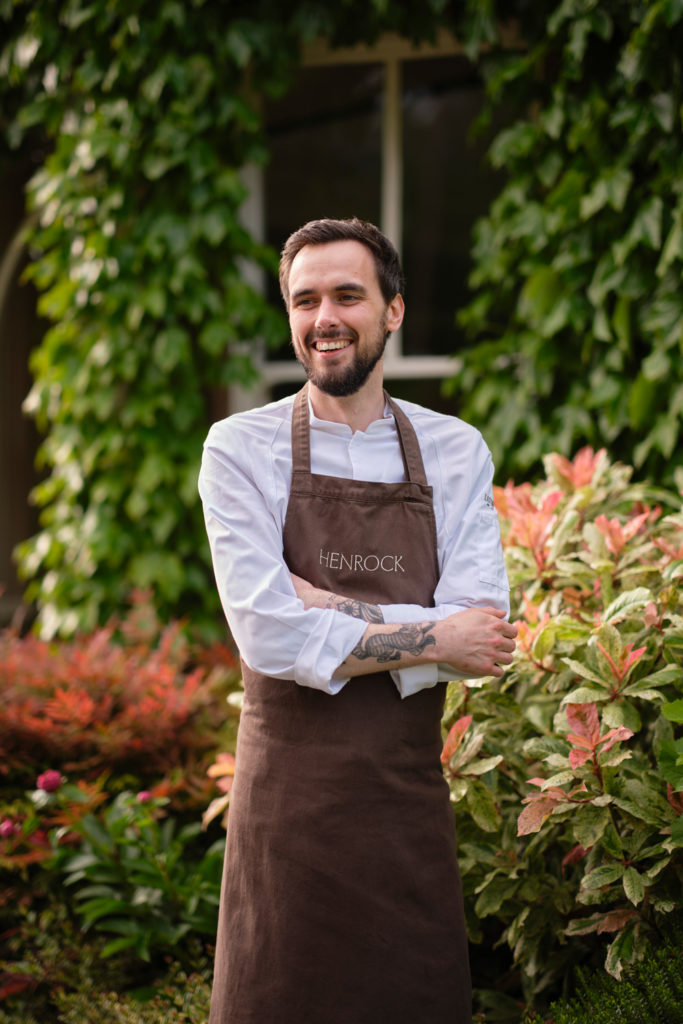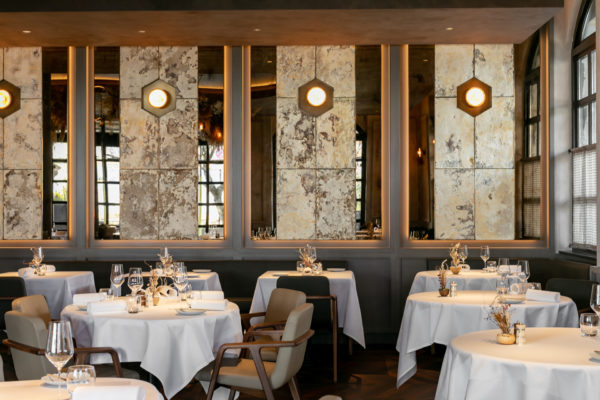
Why Do Restaurants Renounce Their Michelin Stars?
By
6 months ago
A Tuscan eatery is the latest to give back the accolade
For a long time, Michelin stars have been viewed as the pinnacle of culinary excellence. Some chefs spend their lives pining after one, mercilessly perfecting their dishes and working wild hours with the hope their efforts will be rewarded with the prestigious accolade.
Yet for some restaurants who hold the coveted star, it becomes a burden. Last week an eatery in Tuscany, Giglio in the city of Lucca, renounced the award – a bid to create a more relaxed dining experience. ‘We have nothing against the Michelin system,’ Benedetto Rullo, 35, one of the owners, said. ‘We were saying, “we no longer see ourselves in a certain light”.’
Benedetto also said that rather than bringing customers in, the star status was actually deterring people who were looking for a more low-key experience. ‘It’s a very informal restaurant with a menu that is comprehensible to all,’ he said. ‘We’re not the kind of place you come to worship star chefs.’ He added that maintaining the star brought ‘incredible’ levels of stress for the team.
Which Restaurants Have Handed Back Their Michelin Stars?
Giglio isn’t the first restaurant to eschew its star. In 1994, a 32-year-old Marco Pierre White became the youngest chef to achieve three stars at his eponymous restaurant. However, five years later, he’d renounced them so he could spend more time with his children. Speaking to the Guardian in 2015, he said: ‘The people who gave me Michelin stars had less knowledge than me. You have to place a value on something that is given to you: that’s why it was so easy for me to walk away. They had no value for me.’
He added: ‘The day I no longer wanted to be behind my stove, I put my hands up and said: “I’m out of here.” It’s all or nothing with me. I could not live a lie.’
Others followed in his footsteps. In 2005, Alsace-based chef Philippe Gaertner renounced his stars, with the New York Times reporting that he ‘wrote to Michelin to say that he was changing his menu and would no longer compete to keep the star status that had been in the family since the late 1930s’.
French chef Sébastien Bras, meanwhile, caused a stir in 2018 when he decided to give up the three-star rating for his restaurant Le Suquet – which he had held onto for an impressive 18 years. He put it down to the pressures that come with such a prestigious reputation, saying: ‘You’re inspected two or three times a year, you never know when. Every meal that goes out could be inspected. That means that every day one of the 500 meals that leaves the kitchen could be judged.’
A Blessing Or A Curse?
A recent study suggests gaining a Michelin star may be a double-edged sword. The report, conducted by University College London, found Michelin-starred restaurants are statistically more likely to close down than highly-rated venues without the accolade. Researchers compared restaurants with a star to those with high ratings from the New York Times, finding half of the former category had closed by the end of 2019, in contrast to just five in the latter.
Dr Daniel Sands, the professor who led the study, said that while restaurateurs ‘frequently reflected on a feeling of achievement after receiving a Michelin star’ the consequences ‘were not all necessarily favourable’.
The UK has seen a spate of starry closures in recent years too, including Bristol’s Casamia, which closed in 2022, and Tom Brown’s Cornerstone in Hackney, London, which shut its doors this summer, citing economic pressures and industry challenges. Michel Roux’s Le Gavroche – the first UK restaurant to receive a Michelin star – also closed its doors earlier this year after 54 years in business.

Michel Roux
However, some chefs argue the stars aren’t to blame. Phil Howard, who owns Elystan Street in South Kensington, told The Times: ‘There are two possible ways to achieve a star. You can work as a chef or restaurateur to cook delicious, seasonal, wonderful food served with great hospitality with the sole aim of giving people pleasure. And if you do a great job of that, you may get recognised with a star.
‘But if you are a chef who has this absolute, searing desire to achieve a star, and you think there is a formula you need to achieve it, the chances are that you’re forgetting your primary purpose of cooking great food. You are perhaps overlooking making people happy, and therefore your product, whilst it may get recognition because you have achieved the tick box exercise of judgement, might not float the public’s boat. And so it might well not succeed.’
It’s also worth noting that the restaurant industry is having a tricky time across the board, with closures hitting a new high in the UK in the final quarter of 2023.






